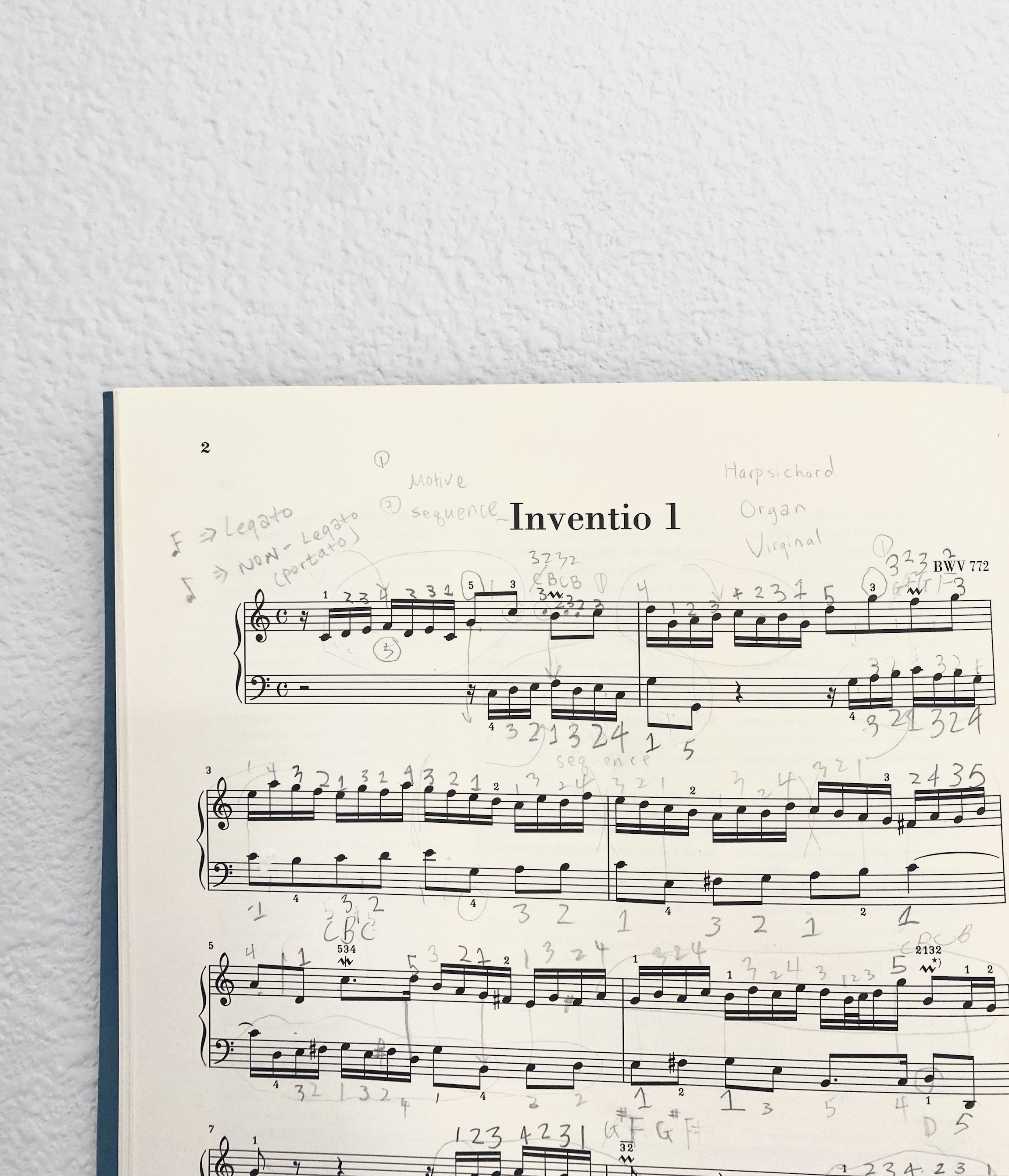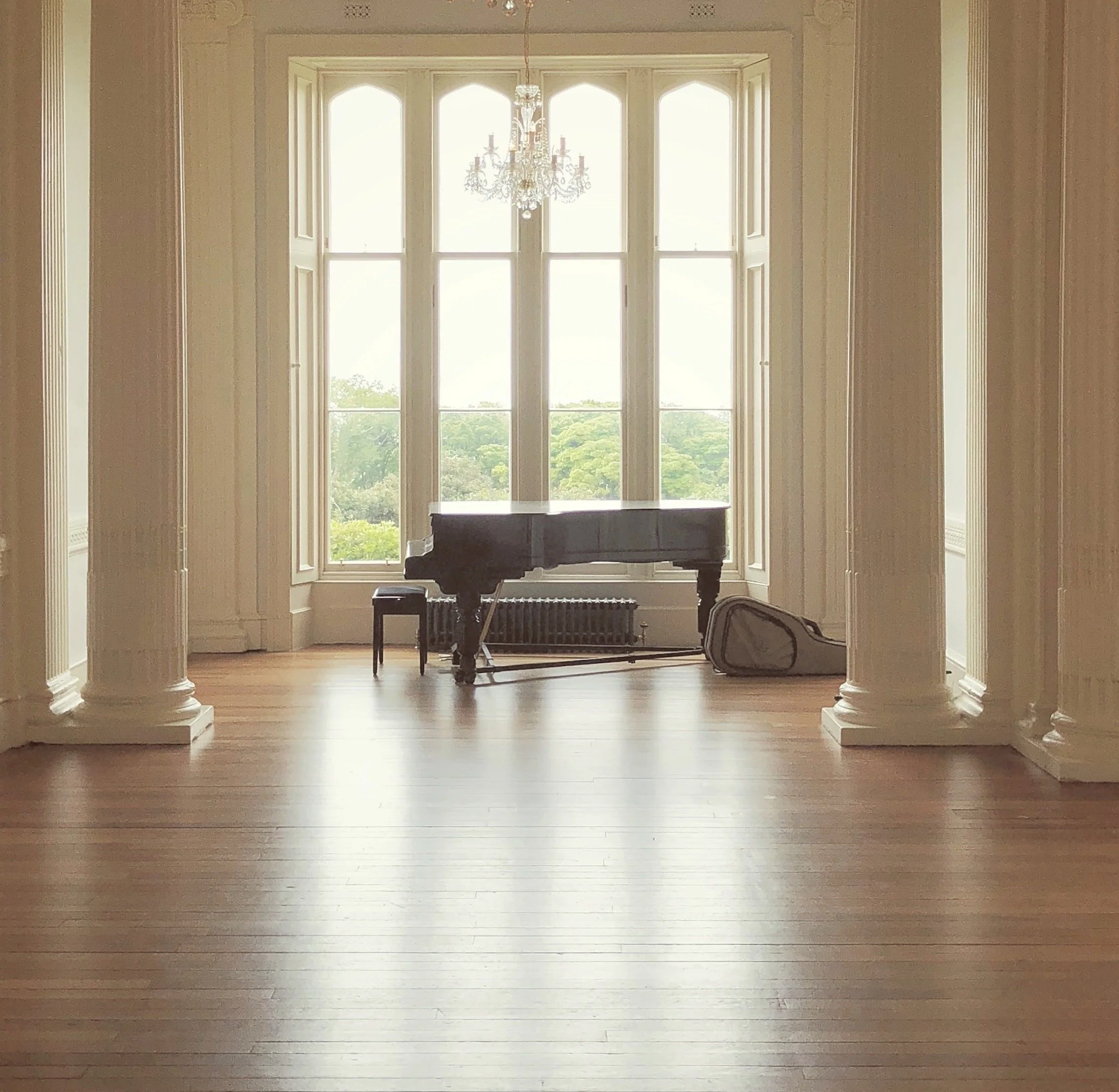Rhythms
Without a balanced approach to spiritual disciplines, we run the risk of cultivating a one-sided spirituality that will disintegrate under pressure from the part of us we have left undeveloped.
– Ruth Haley Barton, Sacred Rhythms
Our lives are never static. Between evolving careers, aging bodies, and growing children who never seem to stay in the same stage or the same interplay of stages for long, we never seem to have it quite figured out before something changes again. Sometimes I’m grateful for the plants. Until I turn around and realize they’ve outgrown their pots.
And so, living life takes agility, the ability to pivot and iterate, to process change even as the change is happening, to adapt and reflect at the same time. Agility requires a paradoxical combination of flexibility and preparedness. One cannot really happen without the other. It’s like the way I play a piece of piano music or speak in public—I’ve never been the kind of person who can improv or ad lib. The way it works for me is to be so prepared, to have the notes so rehearsed and the words so internalized, that I can then make it fresh when the time comes to play or speak. I can adapt to the mood of the room or a mishap in the set-up. I can focus on tone or timing, because the basics of structure and content are already there. It is precisely because I’m prepared that I’m able to adapt when the time comes.
There’s this interplay between boundaries and freedom, between foundation and expansion. It is sometimes when we are holding onto a guardrail that we are best able to then move with liberty. Because, of course, true liberation is not the absence of constraints, but the discovery of the right ones.
I’ve been thinking about this as it relates to spiritual disciplines. Growing up, it seemed to be a matter of checking off the same boxes: daily quiet time, weekly Sunday service, regular Bible study group, and so on. In a way, this was easy; I didn’t have to think hard at all about what to do. But it all too easily bred a kind of performative legalism. In the amorphous world of spiritual growth, the boxes became external standards by which it was easy to judge myself or others.
Around here, the pendulum seems to swing to the other extreme: spiritual disciplines are a matter of personal preference. You do what you feel like. You stick with what works for you. No one holds you to anything standard or systematic. Have a sports game or feel like doing church at home instead? No need to come on a Sunday morning. Too busy with work or activities? Just pop in to a small group when you can. Find parts of the Bible difficult to slog through? Read what comes easily instead.
I’ve found myself swinging with the pendulum as I’ve struggled at times to find my own workable spiritual disciplines. I’ll feel alternately guilty that I’m not checking off the boxes, and fine with just doing whatever I feel like. But I think the key to spiritual growth is like the key to living with growing kids and plants and careers: having an agility born of both flexibility and preparedness. The key, as it so often is, is finding that place between both extremes, of having prepared guidelines you stick to even when you don’t feel like it, yet having flexibility to change as periods of life may call for it.
Maybe that’s why people like to use the term “rhythms.” I’ve been watching our nine-year-old son learn Bach inventions. The first thing he does is look at the key and time signatures: even though these are not written on every measure of the piece, they are held to be true throughout. They are universal guidelines that tell him how the entire song should be played, all the time, no exceptions, whether he feels like it or not.
Then he circles the “motives” and “sequences”—the melodic themes that travel throughout the piece. He has to find them, because they change—they pass from the right hand to the left, from one set of notes to another set a whole-step down but in the same pattern. This is the brilliance of Bach: how he flexes within constraints to create a puzzle that locks together, a series of conversations in melody, a piece of art that really wouldn’t work without either the constraints or the variations.
In order for rhythms to happen, there must be a set meter—and yet the whole point of a rhythm is to find variations within that meter. And that is how the spiritual life works too: we read the meter. We realize that spiritual growth will not happen without regular prayer, regular study of and meditation on Scripture, regular participation in meaningful community and worship. We realize that these things are not going to happen as defaults in our lives unless they are made a priority.
And yet, we realize that because our lives are constantly changing, there are variations within the meter. Depending on our season in life, some kinds of engagement with Scripture or community will be more effective or more practical than others. We may need to take turns going to a service or our teens may find their own groups in other churches or any number of other variations. We may press on with a practice despite lack of feeling, knowing periods of acedia are normal in the spiritual life, or we may pivot to something new.
All of this takes much more thoughtfulness and reflection than sticking to the same boxes or not having any boxes at all. Sometimes it takes stepping away altogether, getting enough critical distance to look like our son does at the whole piece of music. Sometimes it takes practice, playing the same lines over and over until your ear picks up the melodies. Sometimes it takes trying new fingerings to see which ones allow our fingers to pass the melodies along most smoothly. But if our spiritual life is our whole life, then we will do this work, we will cultivate a robust spiritual agility, recognizing that our spiritual lives change as much as all the pieces in the rest of our lives are changing.






